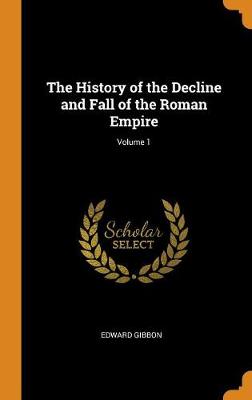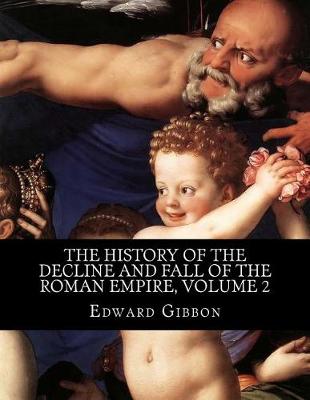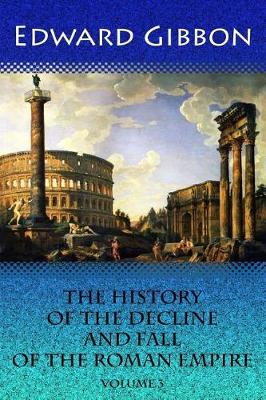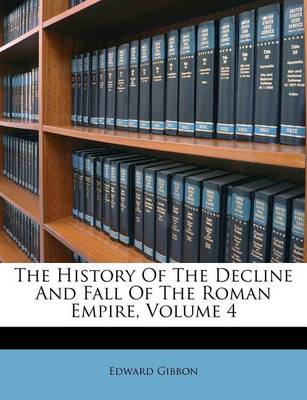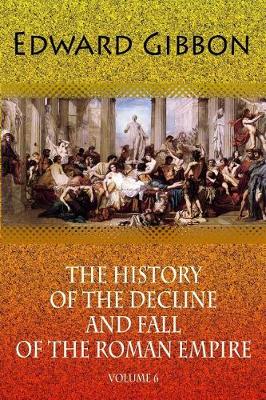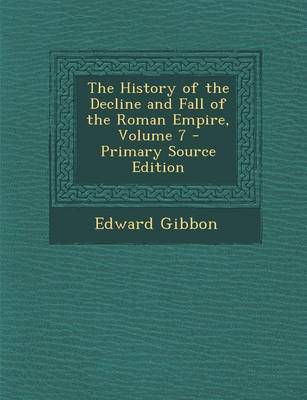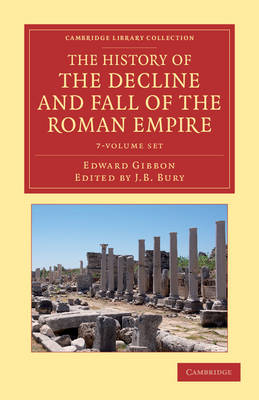Cambridge Library Collection - Classics
6 primary works • 8 total works
Volume 1
The History of the Decline and Fall of the Roman Empire; Volume 1
by Edward Gibbon
Volume 2
The History of the Decline and Fall of the Roman Empire, Volume 2
by Edward Gibbon
Volume 3
The History of the Decline and Fall of the Roman Empire. Volume 3
by Edward Gibbon
Volume 4
The History of the Decline and Fall of the Roman Empire, Volume 4
by Edward Gibbon
Volume 6
The History of the Decline and Fall of the Roman Empire. Volume 6
by Edward Gibbon
Volume 7
The History of the Decline and Fall of the Roman Empire, Volume 7
by Edward Gibbon
History of the Decline and Fall of the Roman Empire Volume 5
by Edward Gibbon
